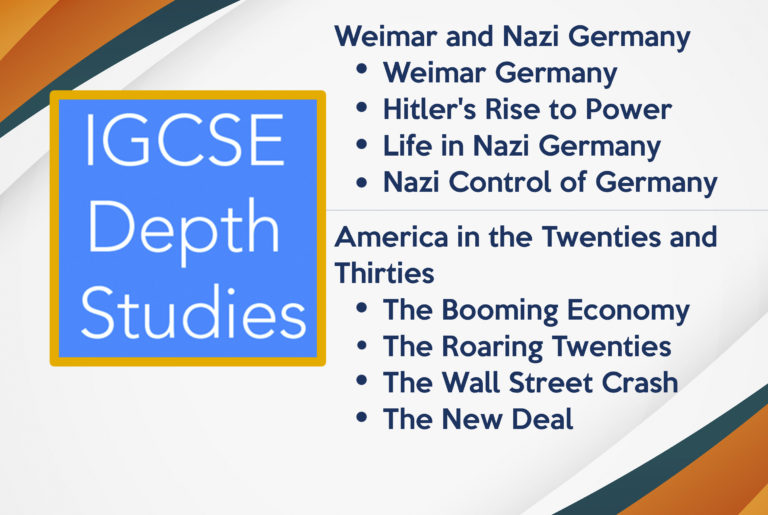Hoover and Roosevelt`s responses to the Depression pre 1932
Context –
12 million people out of work, 25% of the working population
At its height, in 1932, 12,000 people became unemployed every day
20,000 companies had gone bankrupt
1,616 banks had gone bankrupt
1 farmer in 20 had been evicted from his farm
23,000 people committed suicide in 1932, the highest ever figure for a single year
Herbert Hoover was the sitting president, in power since he took over the presidency in March, 1929
Franklin D. Roosevelt became New York governor in 1928 (earlier in his political career he had served on the New York state senate)
Their different responses to the Great Depression would be of major significance when they both ran for the presidency in 1932. So how did they respond: in words and deed?




